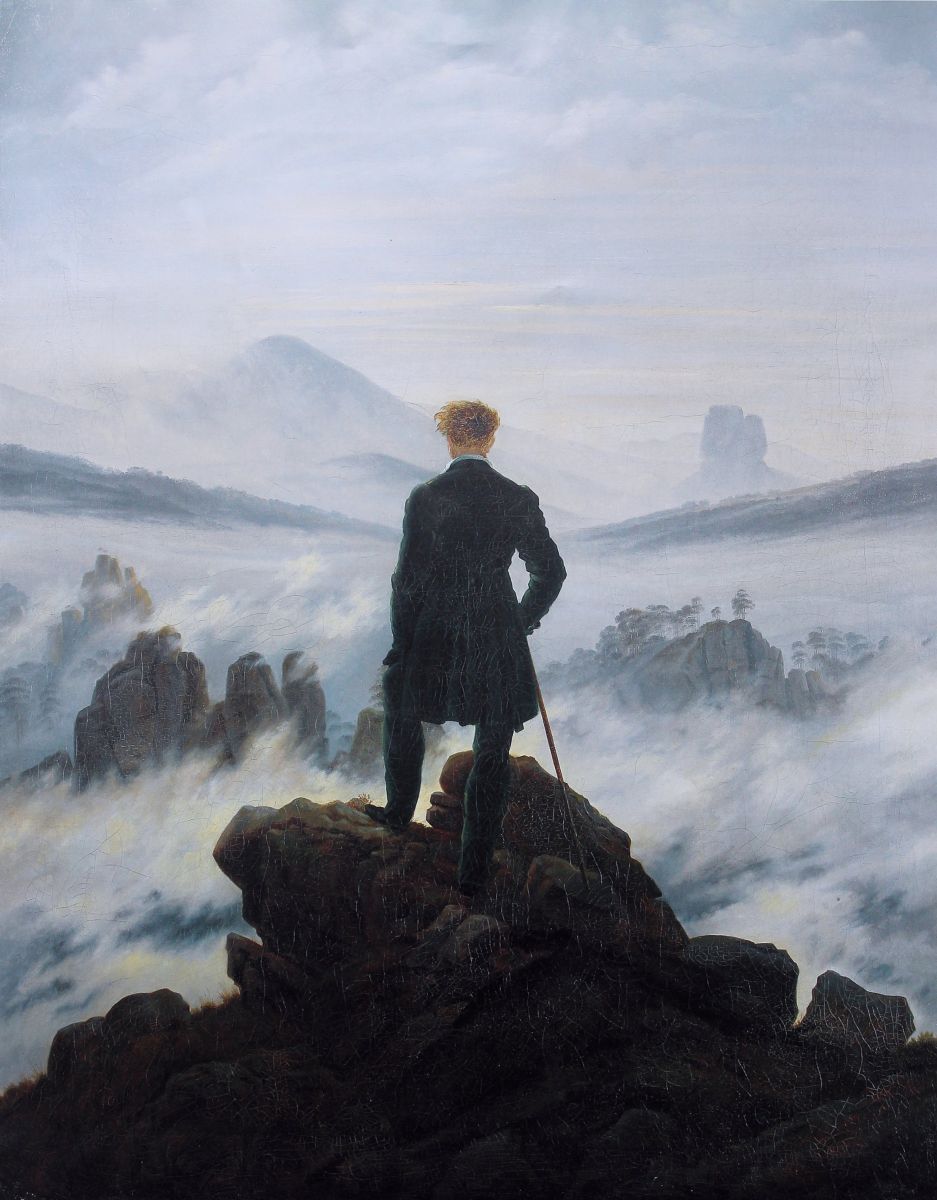Land Acknowledgement
The University of Windsor sits on the traditional territory of the Three Fires Confederacy of First Nations, comprised of the Ojibwa, the Odawa, and the Potawatomi. It also sits on a tract of land once occupied by the Huron/Wyandot.
Welcome
We would like to welcome you to the Department of History website and thank you for your interest in the University of Windsor.
We are quite proud of our faculty achievements, our course listing, and our students. We encourage you to explore our website to its full extent for it offers information about faculty members and their research interests, detailed course descriptions, and financial information.
Please do not hesitate to contact us at history@uwindsor.ca with any questions or comments. We very much look forward to hearing from you in the near future.
Choosing a college major is a difficult task. On one hand, you have media outlets decrying the decline of the Arts, effectively relegating the study of the Humanities to an expensive hobby. On the other hand, increasing tuition rates and other financial pressures make it seem as though passion and financial solvency are diametrically opposed.
In this sort of environment, why would anyone want to spend four years memorizing dates and studying events?
That's not what we do in History at the University of Windsor.
So what do we do?
Fundamentally, we focus on three elements, or skills: historical context, research, and oral/verbal communication. Each skill represents a constitutive element of the overall objective of the History degree. First, we want to introduce you to the study of History by providing you with a contextual grounding. Our course listing is diverse enough to enable you to study the history of whatever interests you.
To be able to effectively research and write about the First World War, the emancipatory role of the women's movement, or the Apartheid regime in South Africa you first need to understand the social, political, economic and cultural contexts in which these important events occurred: this is historical consciousness, or being able to think historically. Our introductory courses, HIST 1030 and HIST 2030, are specifically designed with this in mind.

Caspar David Friedrich - Wanderer Above the Sea of Fog 1818
Once you're able to generate that historical consciousness at will, we introduce you to the best practices in historical research. Our third-year historiography course, HIST 3030, introduces you to important historical frameworks.
You'll learn about the diverse ways in which historians "do" historical research and the wide array of theoretical approaches that you can use to conduct your very own research.
Throughout this process, we encourage you to write and revise, and then write some more. Teaching someone to write well is no easy task, especially when university classes can often hover at around 200 students (some universities are proud of that statistic). But our small class sizes allow our faculty members to pay close attention to the needs of individual students.
As a result, our faculty members can track student progress and suggest specific areas where improvement is required. This all sounds very simple in a two-paragraph snippet, but it is more difficult than it seems. It's also incredibly rewarding, and we hope that you'll join our University of Windsor community to experience that first-hand.
We've put together an additional page, entitled "Why Major in History," that goes into some more depth about the value of a History degree. We encourage you to navigate to that page to read about employment statistics and graduate testimonies, among other things.
Best wishes,
Department of History
